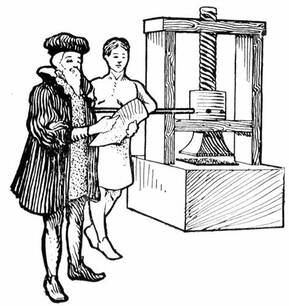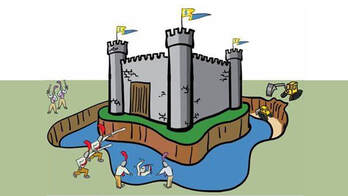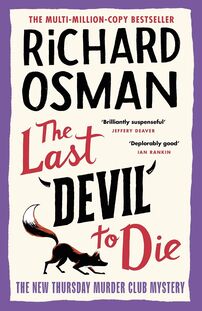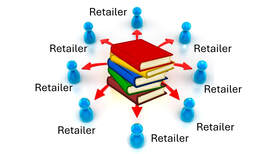 Is the game up for traditional publishers? I’m not talking about today or tomorrow. What I’m talking about may take years to come to fruition, but the publishing world is changing, and the trad publishers don’t seem to have cottoned on to the fact yet. Between themselves and agents, they have made it almost impossible to access mainstream publishing. The gate keepers are no longer just keeping the gate, they are building high walls and digging moats so deep in front of the gate that no one can get in.  Which is why not only is the publishing model changing shape, it has no choice but to change shape. But the trad publishers are sticking their fingers in their ears and singing “la, la, la”. With so many authors now taking the self-publishing route, it is becoming the norm rather than the exception. According to this article, 300 million self-published books are sold each year. That’s 30-35% of the publishing market. While the global publishing market is expected to grow by 1% per year, the self-publishing market is expected to grow by 17% per year.  Prior to 1998, the only way to self-publish was to pay a printer to print your books, then hawk them around local book shops trying to find one to stock it for you. But in 1998 Chip Wilson, a millionaire entrepreneur, created a self-publishing website called Lulu and that all changed. Now anyone could publish their book on-line and sell it through the platform. Imitators followed and, of course, the retail giant Amazon established their own platform, Kindle Direct Publishing (KDP), which now dominates the self-publishing market. So, from almost nowhere in 1998, self-publishing now holds approximately 34% of the market – and growing. I’m not going to say that the quality of the books is 100% great, but there are plenty of good self-published authors and many make a respectable living from their writing. In fact, some make a better living than authors who are trad published. There are at least 7 self-published authors achieving 7 digit income levels and many more making 6 digit levels.  Which is one of the reasons I think there will be further shifts in the industry. A trad published author receives about 10% of the sale price of their book in royalties. From that they then have to pay their agent (actually the agent usually gets the royalty cheque, deducts their commission and then passes the rest to the author). Richard Osman’s latest best-seller is priced at £11.99 for the Kindle edition and £9.99 for the paperback at the time of writing this blog. Don’t ask me why the paperback is cheaper because I don’t know, but it probably started out being more expensive. Based on current publishing practice Richard will receive around £1.19 in royalties for the Kindle edition and around 99p for each paperback sale. If he were to self-publish and sell his book at the same price, he would make either £3.60 or £8.39 per copy, depending on whether he took the 30% or 70% royalty option. If I were Richard, I’d be starting to wonder about the wisdom of sticking with trad publishing.  As a big name author, he would have no problem setting up distribution deals with all the major retailers, without having to rely on his publisher to do that for him. The rest is down to editing, cover design and marketing and he could hire people to do that for him. I think he’d still end up with more money in his pocket than he does now. For a start, he wouldn’t have to give between 10% and 20% of his royalties to an agent. I suspect that a lot of trad published authors will do these sort of sums in future and when their existing publishing deals come to an end, they’ll self-publish the next book they write.  It is noticeable that publishers are now trying to tie authors into multi-book contracts in order to prevent that sort of desertion, though at the moment they are more worried about their authors being poached by other trad publishers than they are about their authors opting to self-publish. The more top quality authors who go down the self-publishing route, the better the reputation self-publishing will gain. I strongly suspect that the much of prejudice against self-published authors is being fuelled by trad publishers trying to protect their businesses.  Change sometimes happen at a glacial speed. But change can also function more like a snowball rolling down a hill, getting bigger and bigger and going faster and faster. I may not be around for long enough to see which metaphor is more accurate, but many of you will be. But I predict that one day, when a new author announces on social media that they are about to start querying their novel, the response from other writers won’t be “Good luck”, it will be “Why on Earth are you bothering with that?" If you have enjoyed this blog, or found it informative, then make sure you don’t miss future editions. Just click on the button below to sign up for our newsletter. We’ll even send you a free ebook for doing so.
0 Comments
Leave a Reply. |
AuthorThis blog is compiled and curated by the Selfishgenie publishing team. Archives
June 2025
|
 RSS Feed
RSS Feed